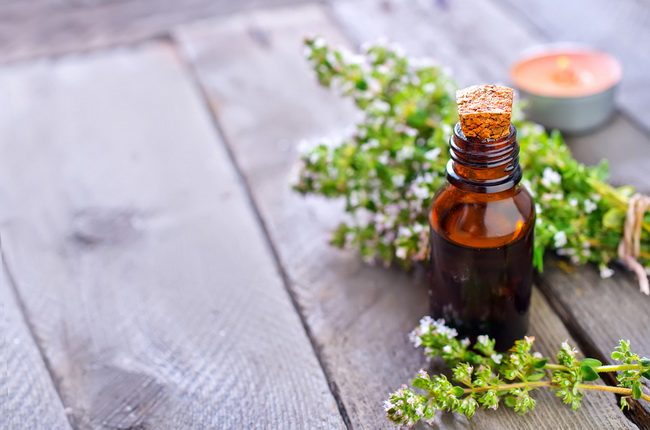- Make It Yourself Lavender Heart-Shaped Bath Bombs!
- 20 Things You Never Knew About “Down There”
- 12 Best Foods For Those Suffering From Arthritis Pain
- 12 Personal Hygiene Mistakes Almost Everyone Makes (Mom Never Told You About #4!)
- 15 Medicinal Plants And Herbs From The Cherokee People
- 12 Mind-Blowing Benefits Of Drinking Coconut Water During Pregnancy
- 12 Outstanding Winter Foods That Won’t Fatten You Up Like A Christmas Turkey
You Could have Parasites and Not Know It! 12 Herbs that Kill Them

Photo credit: bigstock.com
7. Wormwood
Although there are many different types of wormwood, the one that works to kill parasites is called Artemisia absinthium, a perennial herb that is covered with small yellowish flowers, the leaves and flowers are often used to treat stomach ailments, gallbladder problems, loss of appetite, and low libido. Wormwood, as you might have guessed from the name, is also a great remedy for worms, most notably roundworms and pinworms, some of the most common types that infest our intestinal tracts. This is typically consumed in a tincture or in a tea form. Wormwood is not recommended for pregnant or nursing women.
8. Epazote
A common herb in Mexico, Central, and South America, this plant can be used in cooking as well as for medicinal purposes. This plant has long been used by indigenous people to help remove intestinal parasites. The leaves should be soaked in water and consumed as a tea. Be certain to not consume any seeds, as they can be toxic when consumed in sufficient quantities.
9. Thyme
This tasty herb is one of the best ways to stimulate a vital part of your immune system, the thymus. This works well when used in combination with Echinacea, to improve the body’s own natural immune system and kill parasites at the same time. Try using oil of thyme or thyme tea, along with Echinacea, for some super parasite killing power.
Continue to Page 4

































Kitsy WooWoo
Jul 6, 2015 at 12:49 pm
I’ve been eating a teaspoon of raw pumpkin seeds every morning before breakfast:
http://superfoodprofiles.com/pumpkin-seeds-parasites-intestinal-worms